I have thoughts on books
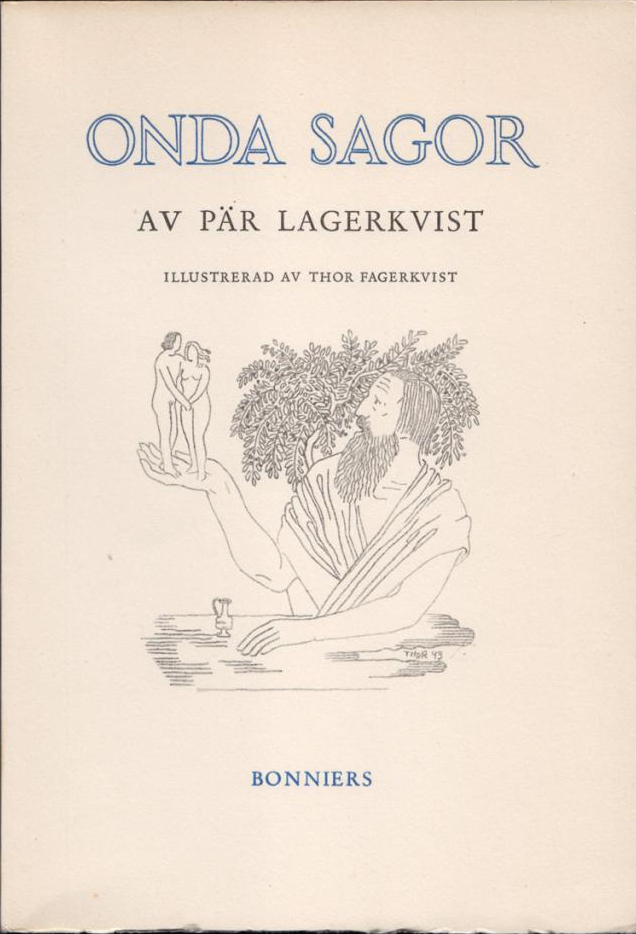
O
nda Sagor, by Pär Lagerkvist, is perhaps the greatest short story collection Sweden has ever produced. I don't know how it is in translation ("Dreadful Tales" they called it), but I love this book.
En hjältes död (Death of a Hero) is a certified classic, short enough to print on a single A4, and widely taught in Swedish schools. And Äventyret (the Adventure) has a great understated Scandinavian opening.
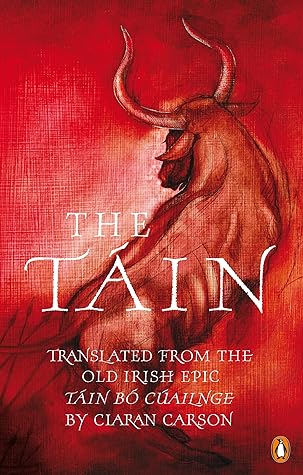
T
áin Bó Cúailnge is hands down the funniest epic I've ever read and I have to restrain myself to not retell half the book when it comes up in conversation.
Cú is a legendary eccentric. Some of my favourite Cú moments include but are not limited to:
- A whole subplot about him making fake beards to get people to fight him, since a man without a beard is a child, and there's no honour in beating a child, not to mention being beaten by a child.
- People finding him naked in the snow, silent and sullen, picking lice off his tunic.
- Telling the charioteer of the guy he's just killed that he can leave, because he doesn't kill charioteers, then crushing said charioteer's skull with a rock
as soon as the charioteer gets back to camp. The narrator declares that:
"It wasn't true that Cú Chulainn didn't kill charioteers. He killed them when they deserved it." - Beating a man he promised not to kill until he shits himself. The narrator declares that the man was never able to shit normally again, but also that he was the only man, during the events of the Táin, to have fought Cú Chulainn and lived.
- Murdering anyone who tries to wake him up in his sleep until people stopped trying.
There's a whole thing about how she keeps telling anyone who wants to marry her upfront that if they're serious about marrying her they have to accept that it'll be an open relationship and they can't be jealous, yet they always get super jealous anyway. Her at-time-of-Táin-husband, Ailill, literally had to duel her previous husband to the death because said husband was jealous of Ailill sleeping with his wife. Despite knowing full well what he was getting into, Ailill still sulks and passive-aggressively undermines Fergus as often as possible for sleeping with Medb (Fergus is, apparently, the son of a horse god and hung accordingly).
She also has a lot of pets, which Cú keeps sniping to death with rocks just to spite her.
I could go on for hours, but I don't want to spoil the book. It's reasonably short too. You should read it.
I've only read the Ciaran Carson edition, so I can't speak for other translations, but I've heard good things about the Kinsella one as well.

T
he Ministry for the Future, by Kim Stanley Robinson, is alright. It starts strong, but the last 20% or so all feels like an extended epilogue and is mostly people wandering around their imperfect solarpunk future reflecting on love and death and retirement.
For some reason Obama likes it, even though the book is understandably unkind to Liberals.
It did teach me a lot about the viability and relative safety of airships, I'll give it that.

R
eading Dune, by Frank Herbert, makes me thirsty. The biggest failure of the new films is that I didn't leave the cinema thirsty.
I enjoy the extent to which the book commits to a society oriented around scarcity.
Herbert is a bit blunt with his themes at times, but I'm a big fan of some of the weird worldbuilding details — like the orange catholic bible.
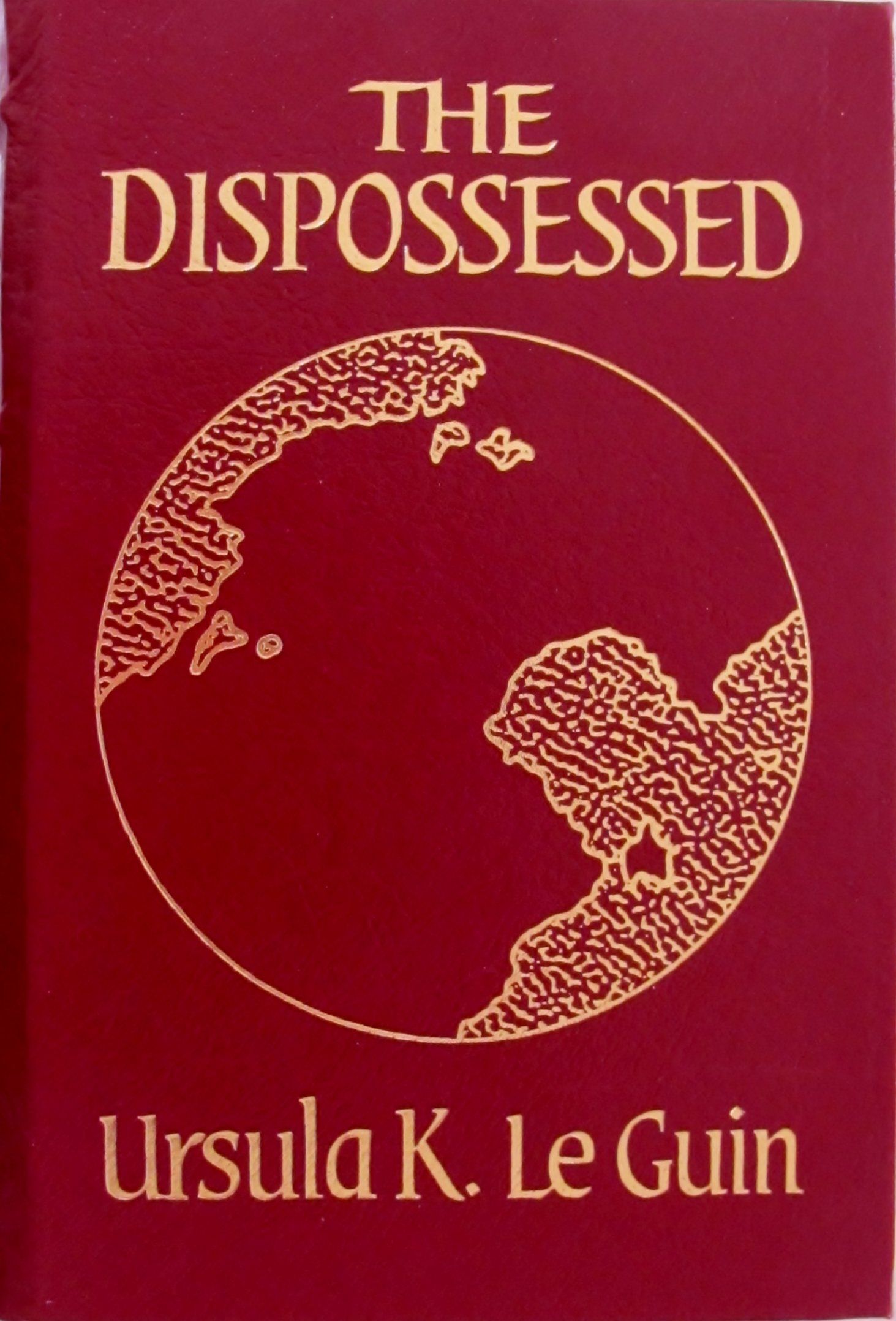
T
he Dispossessed, by Ursula K Le Guin, is the best Utopia I've read, but Utopias do tend to be more successfully explored in other art forms than writing.
Stories benefit from conflict, and telling you how great everything is isn't a conflict. Le Guin solves this, in part, by making her Utopia not all that great, but driven by admirable ideals. It's a society of intense scarcity (being exiled to a near barren moon and resorting to trade with ideological enemies), very few people get their own bedrooms because it's considered selfish to demand it, there's an entrenched academic hierarchy.
You also learn at the very start that the protagonist will leave all of this to defect to the dysfunctional capitalist empire on the planet they're orbiting (the story alternates between chapters set while he was growing up on the moon and chapters set later, when he's living on the planet and reflecting on how different it is), which contextualises his Utopian upbringing as something that will eventually cause him to leave forever.
Anarres is not Omelas. It's, if anything, the anti-Omelas — a rugged and difficult world, but without exploitation, without human sacrifice. And the protagonist never comes across as the kind of person that would defect for comfort.
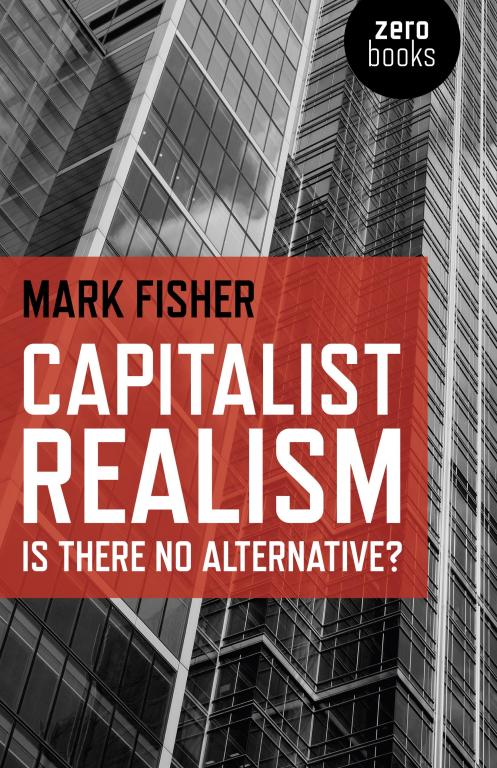
P
eople told me that Capitalist Realism, by Mark Fisher, was depressing. I found it invigorating. Interesting discussions on the propaganda superstructure of the current world, and a fun aside about how Feudalism might've been less evil than Capitalism, because it lived within its means.
It's also nice and short.

T
he Count of Monte Cristo, by Alexandre Dumas, is an incredibly brisk read. Dumas has a flair for half-believable but highly entertaining adventure stories peppered with strange archaic racism. It's a good deal more focused than the Three Musketeers and probably one of the most influential revenge stories ever written.
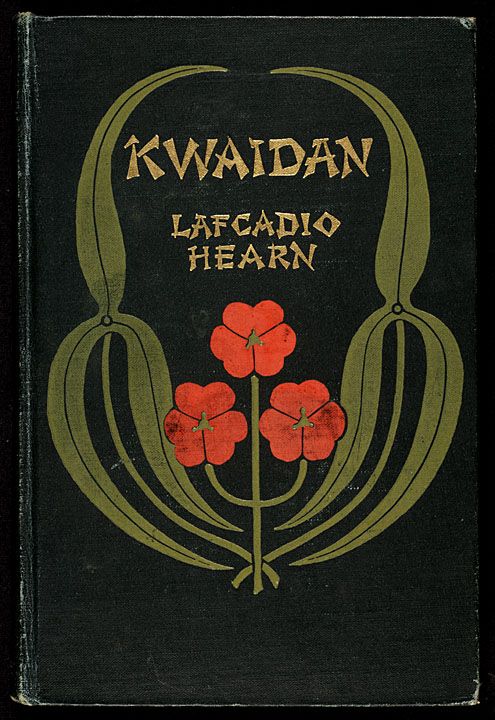
K
waidan, by Lafcadio Hearn, is easily my favourite book of spooky stories. Lafcadio is generally a great person to read if you want to get hyped for a trip to Japan (he had a ridiculous love for the place), but Japanese culture also has a special flair for ghost stories.
One of my favourites, left out of the film, is Diplomacy, about a criminal being beheaded. I often bring it up when people say they don't like ghost stories. It's great.
You can also read the entire book for free through the internet.